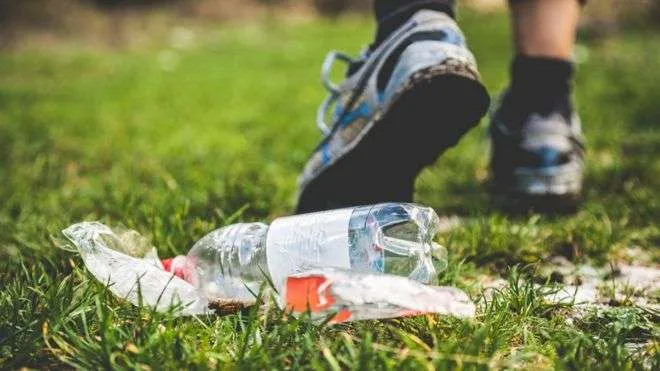Littering is a widespread problem that affects the environment, public health, and economy. Understanding the multifaceted impact of littering is essential in fostering awareness and promoting responsible waste disposal practices. Here are ten comprehensive facts about littering and its implications.
Environmental Impact:
- Littering can have severe consequences on wildlife. Animals, from small insects to large mammals, often mistake litter for food. This can lead to ingestion of harmful substances, such as plastic, which can obstruct their digestive systems or release toxic chemicals into their bodies.
Land and Water Pollution:
- Littering contributes to land and water pollution. Waste materials such as plastic, glass, and metal degrade over time and release harmful substances into soil and water systems, negatively impacting plant and aquatic life.
Economic Costs:
- Cleaning up litter in public spaces, roadways, and waterways incurs significant financial costs. These expenses are often borne by local governments and taxpayers, diverting funds from other community needs.
Spread of Disease:
- Improper waste disposal can create breeding grounds for pests and insects, such as rats and mosquitoes, which can spread diseases to both humans and animals.

Visual Pollution:
- Litter detracts from the aesthetic value of public spaces, making them less attractive and enjoyable for residents and visitors. This can have a negative impact on tourism and community pride.
Negative Impact on Tourism:
- Tourist destinations with high levels of litter can experience a decline in visitor numbers due to the unattractive and unsanitary environment.
Soil Contamination:
- Waste materials, especially plastics, break down into microplastics and other harmful substances, contaminating soil and affecting plant growth and microbial life.
Climate Impact:
- The degradation of litter, particularly plastic waste, can release harmful chemicals and contribute to climate change. These chemicals can disrupt soil and water ecosystems.
Economic Impact on Businesses:
- Littered areas can discourage customers from frequenting local businesses, affecting revenue and growth. A clean environment is often an essential factor in attracting consumers.
Legal Consequences:
- Many regions enforce strict littering laws, imposing penalties that range from fines to community service. Enforcement helps deter irresponsible waste disposal and maintain public health and environmental standards.
Littering not only harms the environment and wildlife but also incurs substantial economic costs and legal consequences. Addressing this issue through education, public awareness, and strict enforcement of littering laws can play a vital role in preserving the integrity of public spaces and natural environments.
